On May 5, the day when the Netherlands celebrates the Day of Liberation from the Nazi Occupiers, members of the Ukrainian community also took part in various events organised to mark this date to emphasise the importance of freedom.
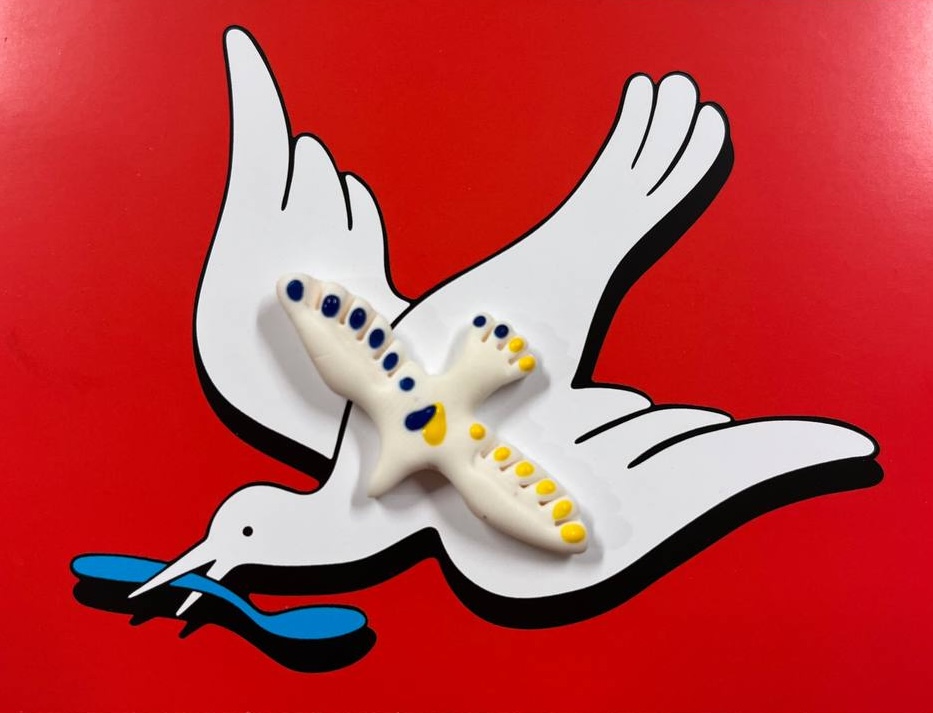
In The Hague the Scheveningen Museum hosted the annual Freedom Meal, where the guests of the event gathered to remember the terrible events of the Second World War and what has happened in Scheveningen during those years. The guests were Daria Lysenko, a poet, curator, coordinator of literary events at the VATAHA Foundation, and her father, Yurii Lysenko, a poet well-known in Ukraine known under the pseudonym Yurko Pozayak. Yurii Lysenko addressed the audience in Dutch and briefly explained the entire history of Ukraine, noting that in the 13th century we were already becoming a shield for Europe against the threat from the east, only then the attacker was the Mongol horde: “In their plans was to reach the last sea, that means the North Sea including the shores of Scheveningen, but this did not happen.” Today, once again in its history Ukraine courageously chooses not only its freedom, but also the peace of the whole of Europe.
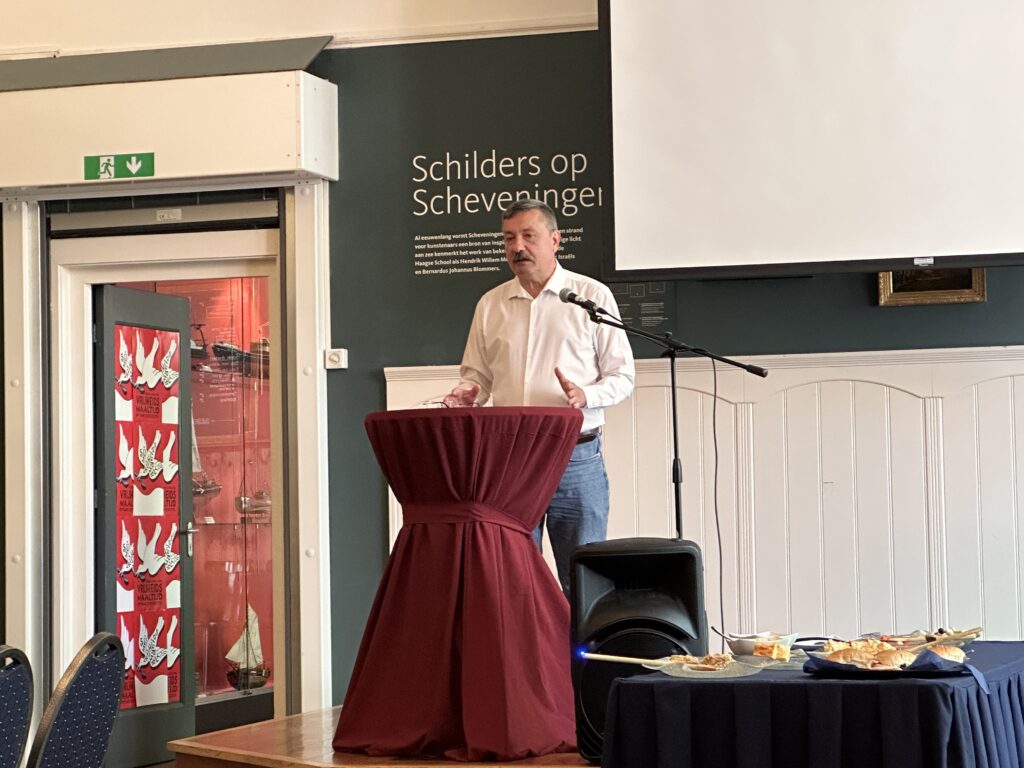
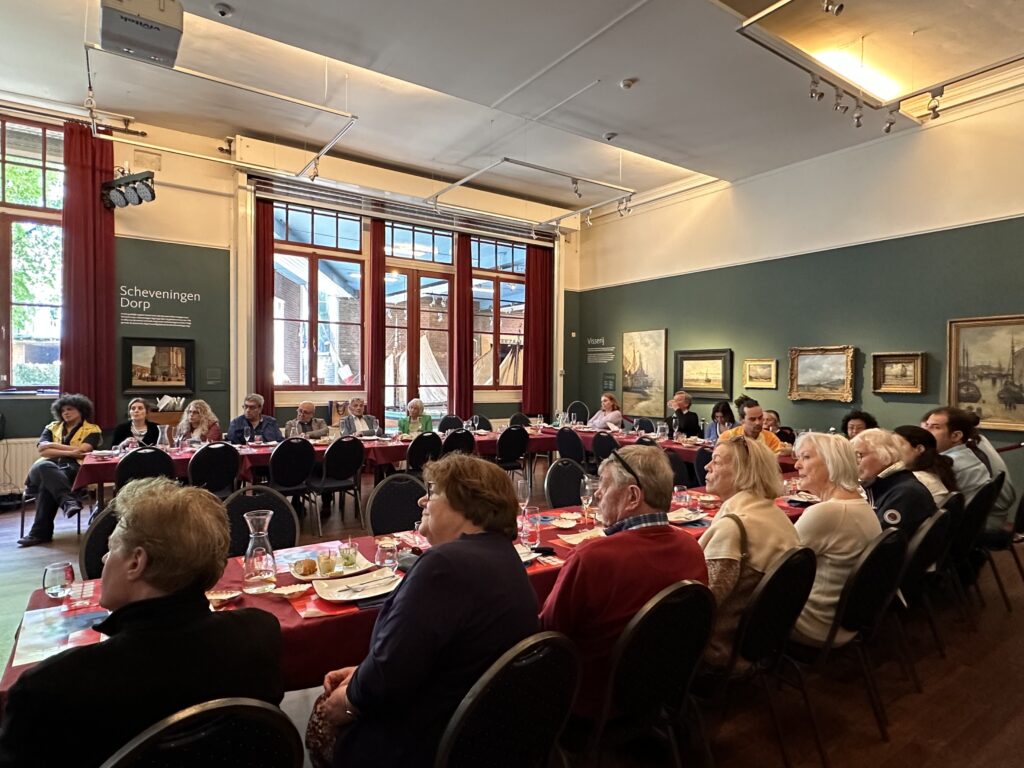
Daria Lysenko presented to the public poems dedicated to the experience of a Ukrainian refugee in Holland from the yet unpublished book “I heard that you are in the Netherlands…” in the Dutch translation of Ari van Der Ent.
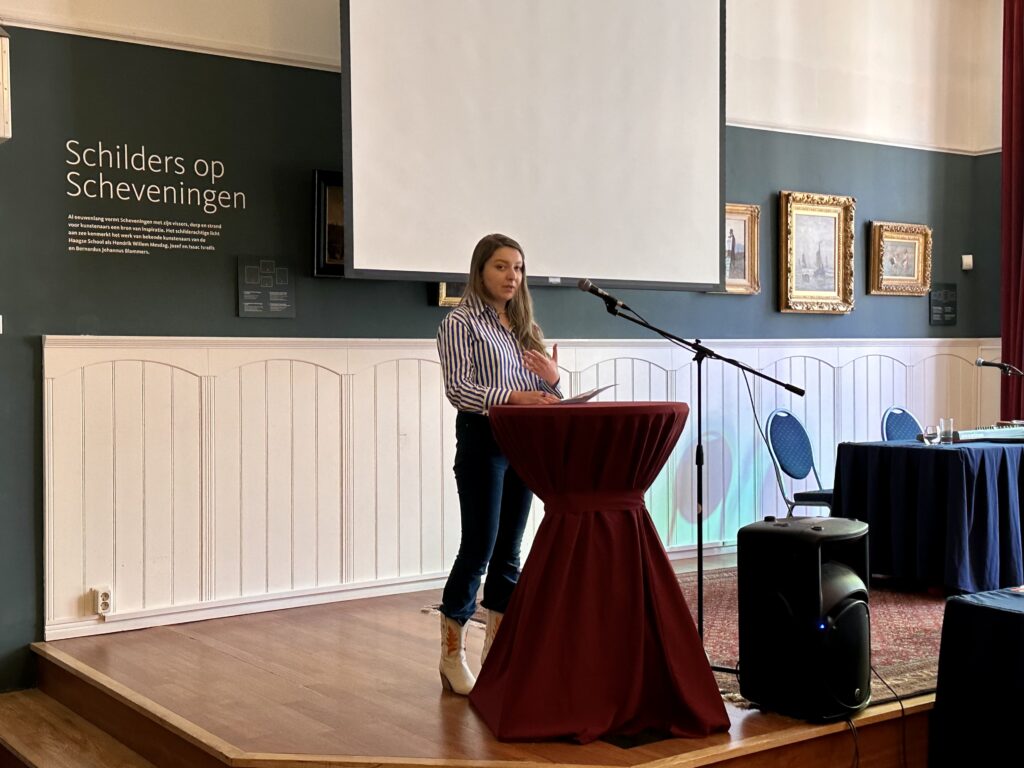
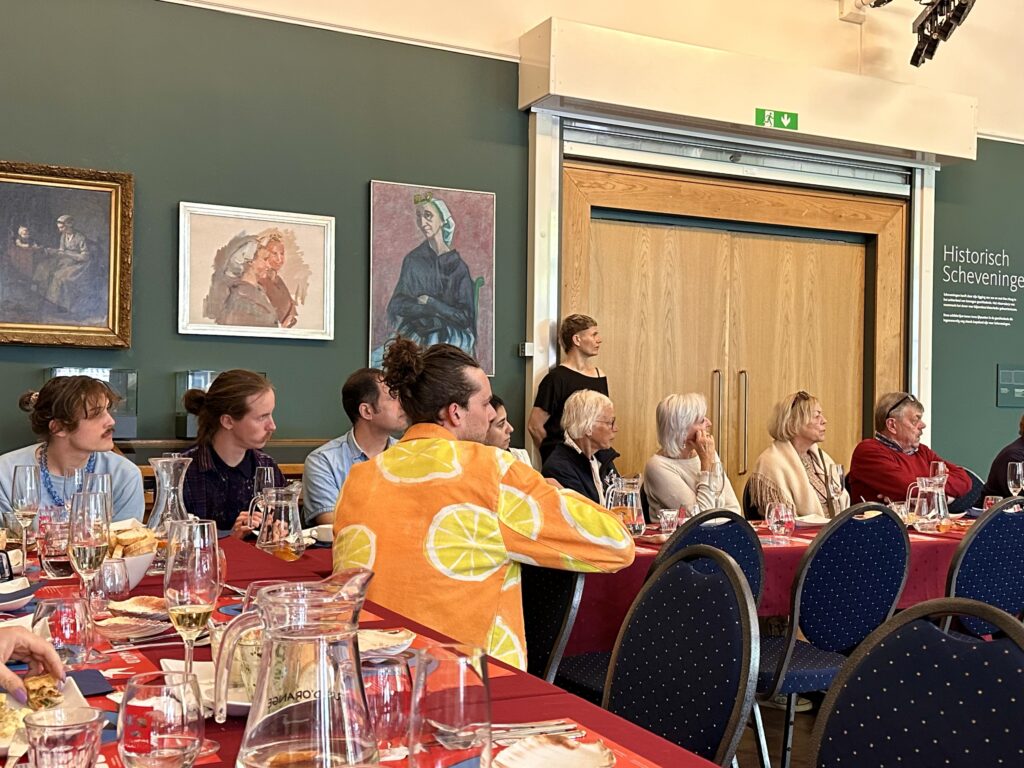
With the help of the Historical Association in Ypenburg a lecture about the history of Ukraine was held for the Dutch public and the Ukrainian community. The guest lecturer was Andrii Lysenko, a student of public administration at The Hague University, who is also a history enthusiast. Since the public was both Dutch and Ukrainian, the event was held in English with Ukrainian translation. The focus was on the Ukrainian War of Independence of 1917-1921 and its parallels to the current Russo-Ukrainian war.
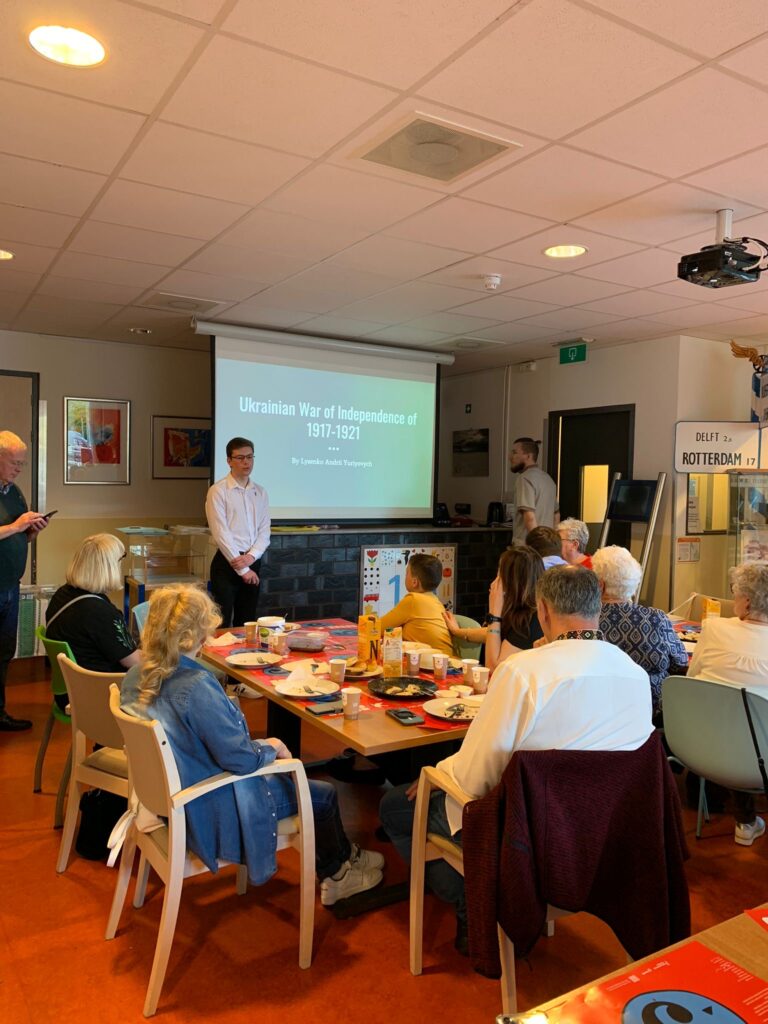
The main goal of the lesson was to show the Ukrainian struggle for independence and the history behind Russian aggression towards Ukraine, which has been going on for centuries, and not only for 2 years (or 10 years), as many people think.
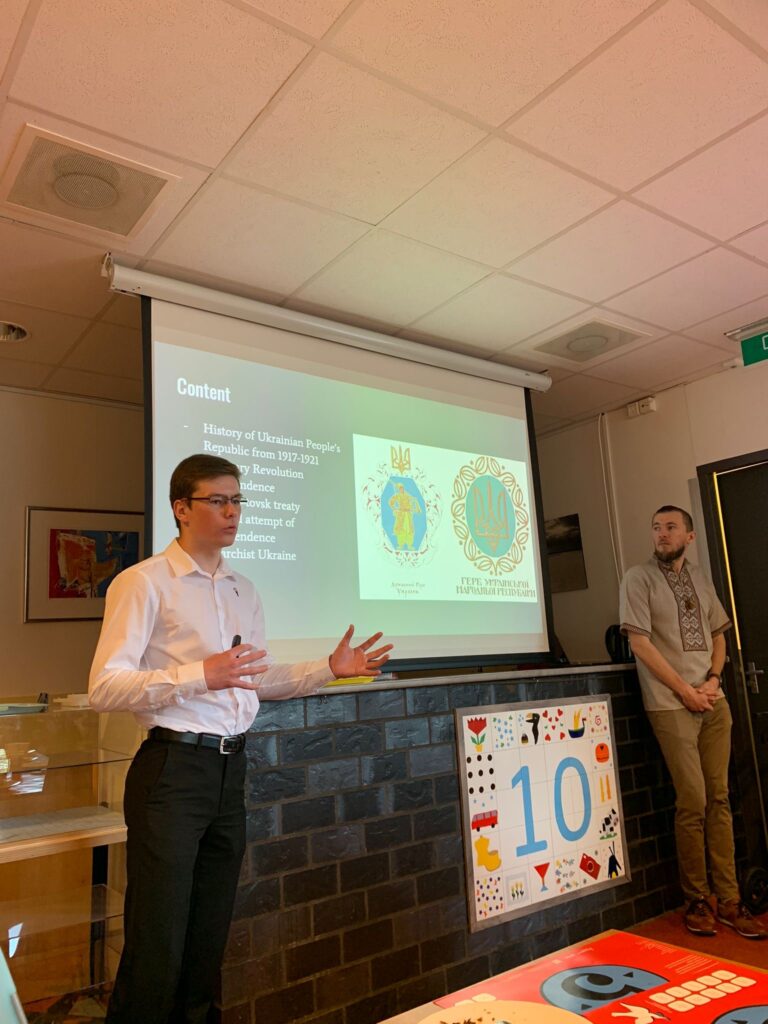
At the Ukrainian House in Rotterdam, the Ukrainian community together with the international community of the district also met for the Freedom Meal. The main dish was, of course, the famous freedom soup. After the Freedom Meal Tetiana Rumilets organised a workshop on making white birds from clay, which are both symbols of peace and the main symbols of the Liberation Day itself.
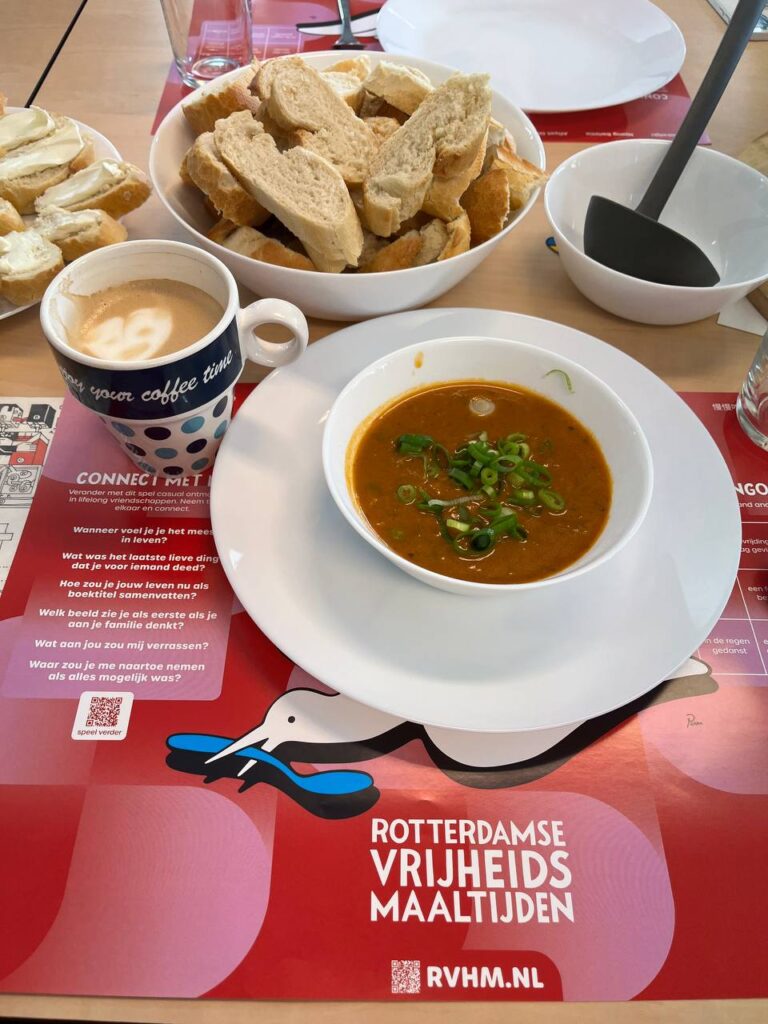
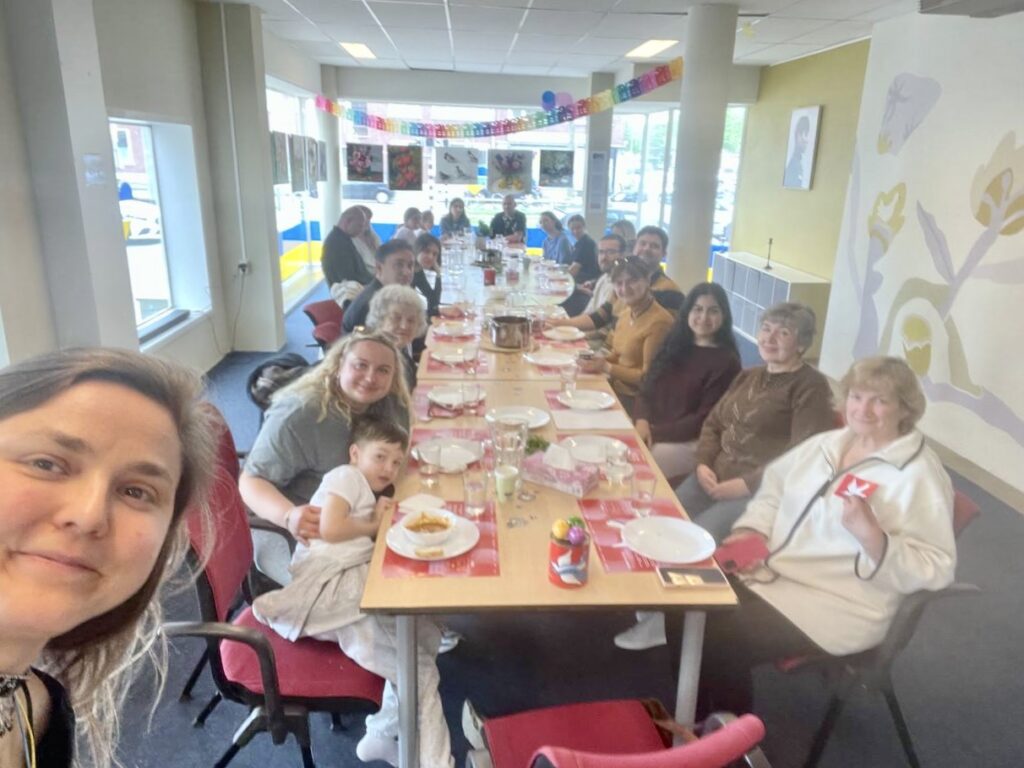
We are extremely pleased that the Dutch community wanted to spend this important day together with Ukrainians and to learn about our history and the causes of the war today. An ongoing battle in the centre of Europe continues with a hope of a new Liberation Day to come, this time a Liberation Day from the Russian occupiers.
Author: Daria Lysenko